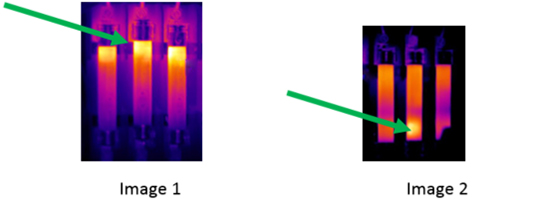The Snell Group is proud to announce the development of an “On-Line” version of our 32-hour Electric Motor Testing Training Courses. This innovative presentation provides all the information and documentation that you would receive if you were to sit the actual live course. The Power Point topics have been recorded and links are provided to labs and demonstration videos. There is also access for contact with an actual course instructor for any questions you may have.
Manufacturers of motor testing equipment all use similar methods of data collection for the analysis of motors and motor circuit faults online. Their respective training courses are geared toward the operation of their particular equipment, with a great deal of time spent on software.
Students learn the proper techniques to safely collect data and differentiate between good and bad data. Multiple types of test equipment will be demonstrated utilizing a variety of simulators and test specific video presentations to assist the student in understanding the data collected. Students will be able to relate the data to specific failure modes, which will allow you to isolate the source of the problem in the motor or motor circuit and determine the condition of the tested motor.
This training is designed to provide trainees with the theoretical knowledge and procedural awareness to utilize current time domains, and spectral data to localize electrical and mechanical anomalies that affect motor performance and reliability. Technicians will gain a solid understanding of current and voltage FFT’s and will be able to analyze data to support the identification and localization of electrical, mechanical and power quality anomalies. This will provide the student with a sound theoretical foundation to safely and successfully analyze, troubleshoot and maintain motors and their circuits regardless of what equipment is utilized or eventually procured.
The course is open to everyone regardless of whether or not they own a motor testing unit.
Course Overview:
- History of Electricity and Motor Testing
- DC Theory Review
- AC Theory Review
- AC Circuits Current, Impedance, Power
- Resistance, Reactance, Impedance
- Transformer Theory
- Electrical Distribution and Grounding Systems
- Construction of motors
- Motor rewinds
- Motor operation
- Nameplate information
- Electrical Safety
- Electrical Safety and associated hazards
- Standards and references that support motor testing
- Theory to Support De-Energized Electric Motor Testing
- Power Quality
- Total Harmonic Distortion
- Factors affecting balanced voltage and current
- High and low frequency events
- Motor Current Signature Analysis / Electrical Signature Analysis
